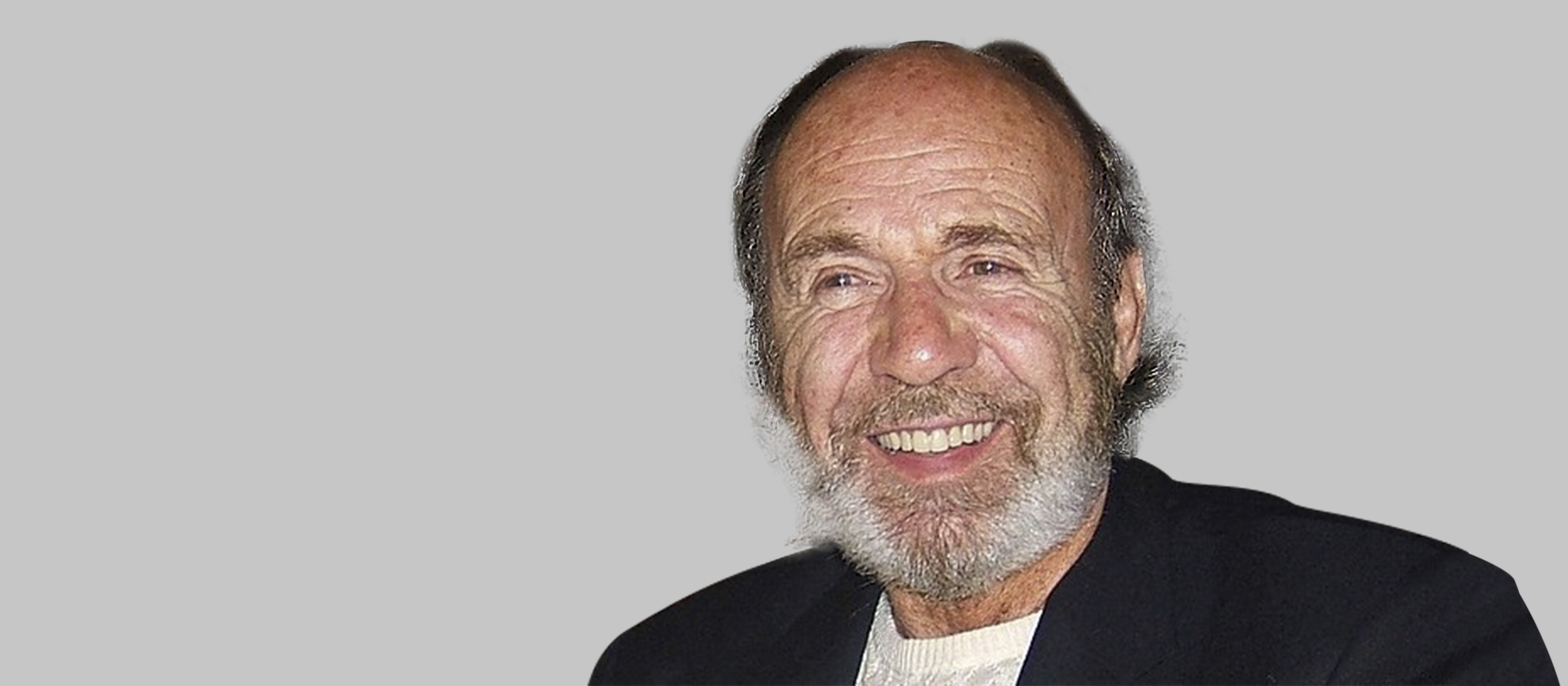

Sydney Banks
In 1973 Sydney Banks, an ordinary working man, with minimal education, had an extraordinary enlightening experience; an experience of such depth.
This profound experience uncovered the power to change the fields of psychology and psychiatry through an approach now called The Three Principles, and in doing so, to help alleviate the needless suffering of humanity.
Word of this mysterious man, who had the power to guide people to their own wisdom and thus to a healthier psychological state, rippled out into the larger community.
What are the Three Principles?
When it comes to the human experience, we can understand the foundational elements in the form of three universal principles: Mind, Consciousness, and Thought.
While those words mean different things to different people, the principles they point to have been observed and studied in science, philosophy, and religion throughout the ages. They’re the basic facts of life – formless, foundational elements which can be observed only through:
The Principle of Mind:
Mind is the source and intelligence behind all of life. The Principle of Mind is the formless energy that is responsible for the creation of all of life. It exists completely beyond the world of form. It is the eternal stillness and silence that lies before the movement and noise of created life.
The Principle of Consciousness:
The capacity to be aware and experience life is innate in human beings. Our level of awareness in any given moment and state of mind determines the quality of our experience.
The Principle of Thought:
We create our individual experience of reality via the vehicle of thought. Thought is the missing link between the formless intelligence of life and the created world of form.
So what does this all mean?
When we are overthinking or in a low state of mind, we are only aware of our own thinking, and it appears to us as objective truth, even though it only exists in our own thoughts. Then, as we expand into another level of consciousness, we become aware of the subjective nature of our thoughts, which tend to be different to other people’s thoughts.
Expand further, and we become aware of two different kinds of thoughts – the ones that come from our personal experiences (memory) and intellectual knowledge and the ones that appear when we have a quiet mind (i.e. inspiration, intuition, and wisdom).
An even deeper understanding reveals that we live in a world of Thought – that in fact, we’re not designed to experience anything else. This is the first real recognition of “the human matrix” – that things are definitely not what they seem, no matter how real they look, taste, smell, sound, and feel.



